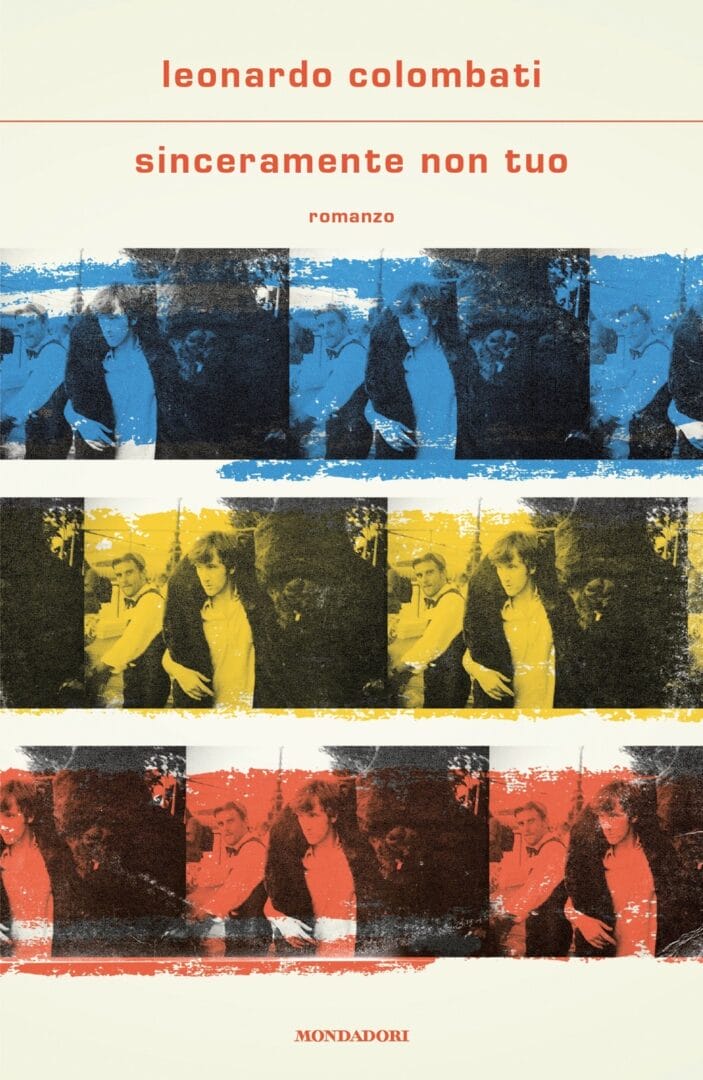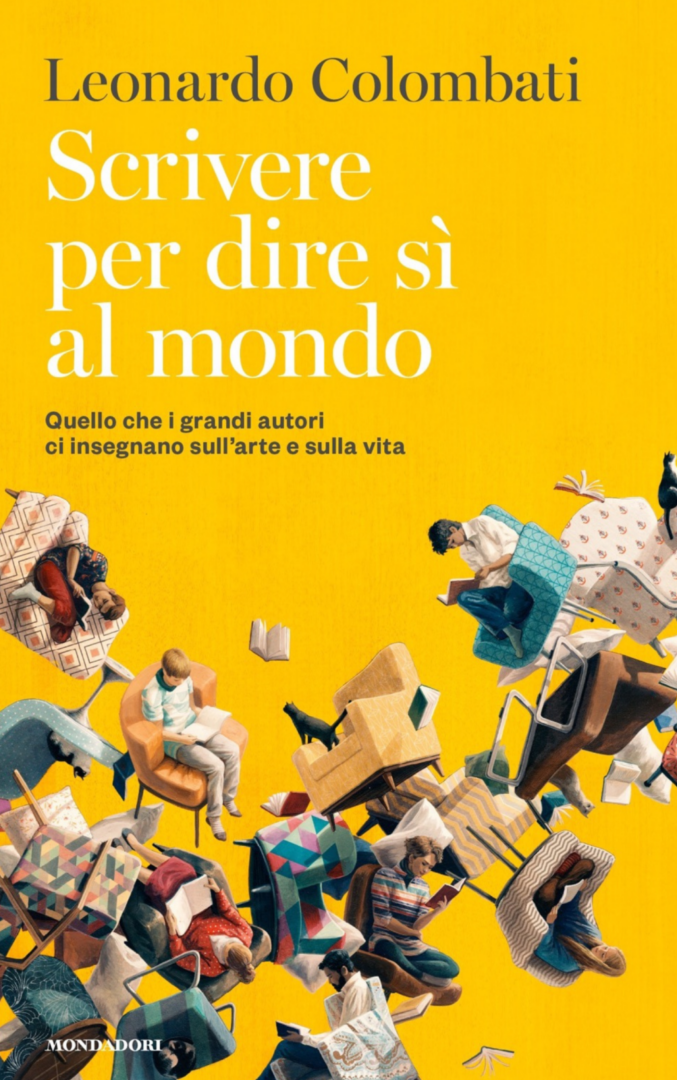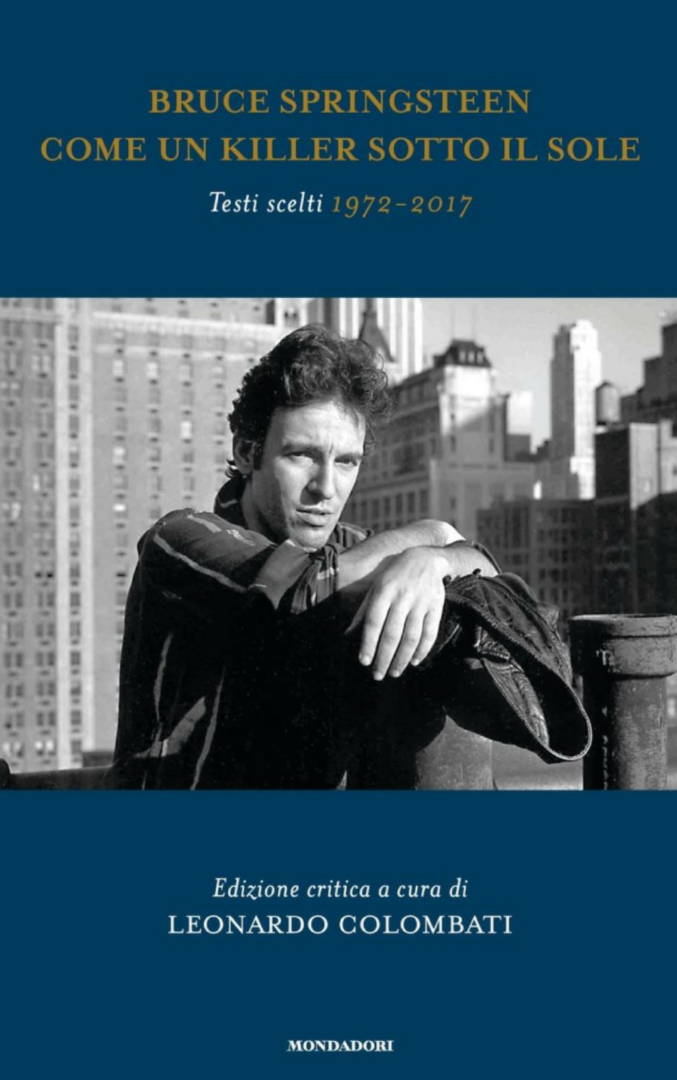Leonardo Colombati
Leonardo Colombati was born in Rome in 1970.
He has published the novels Perceber (Sironi 2005 – finalista al Premio Viareggio), Rio (Rizzoli 2007 – Premio Santa Marinella), Il re (Mondadori 2009), 1960 (Mondadori 2014 – Sila Prize, finalist for the Manzoni Prize) and Estate (Mondadori, 2018), and Bruce Springsteen: Like a Killer Under the Sun. (Mondadori, 2018), and Scrivere per dire sì al mondo (Mondadori, 2021).
He edited the volumes Bruce Springsteen: Like a Killer Under the Sun., The Great American Novel (Sironi 2007) and La canzone italiana 1861-2011. History and Lyrics (Mondadori-Ricordi 2011).
He published a short novel collected in the anthology Smash (The Dragon’s Eggs, 2016).
He has written for Corriere della Sera, Il Giornale and Vanity Fair and contributes to IL, monthly magazine of Il Sole 24 Ore.
He is a member of the Italian Pen Club and, since February 2018, has been called to lead the historic magazine Nuovi Argomenti.
In 2016, together with Emanuele Trevi, he founded the Molly Bloom School of Writing, of which he is now rector.
His latest release for Mondadori is Sinceramente non tuo (2022).


